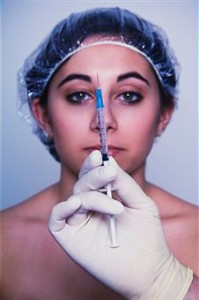 What time of the year are you most at risk of getting into a motor vehicle accident?
What time of the year are you most at risk of getting into a motor vehicle accident?
The odds of getting into an accident increase during periods when there are more cars on the road, such as rush hour, or when during periods of inclement weather. But when the number of alcohol impaired drivers increase, the odds skyrocket.
According to National Highway Traffic Safety Administration (NHTSA), 36 fatalities occur per day on average in the United States as a result of crashes involving an alcohol-impaired driver. At certain times of the year, such as holidays, those numbers rise dramatically. For example, during the Christmas season, an average of 45 fatalities involving an alcohol-impaired driver occurred each day, and soars to 54 per day over the New Year’s holiday.
New Year’s Eve is more than just the last day of every year; it is also the holiday with the most arrests made by law enforcement agencies across the United States for suspected drinking and driving.
Jamaica Hospital wants to remind everyone not to drink and drive and to exercise good judgment while on the road this holiday season.
All content of this newsletter is intended for general information purposes only and is not intended or implied to be a substitute for professional medical advice, diagnosis or treatment. Please consult a medical professional before adopting any of the suggestions on this page. You must never disregard professional medical advice or delay seeking medical treatment based upon any content of this newsletter. PROMPTLY CONSULT YOUR PHYSICIAN OR CALL 911 IF YOU BELIEVE YOU HAVE A MEDICAL EMERGENCY.





